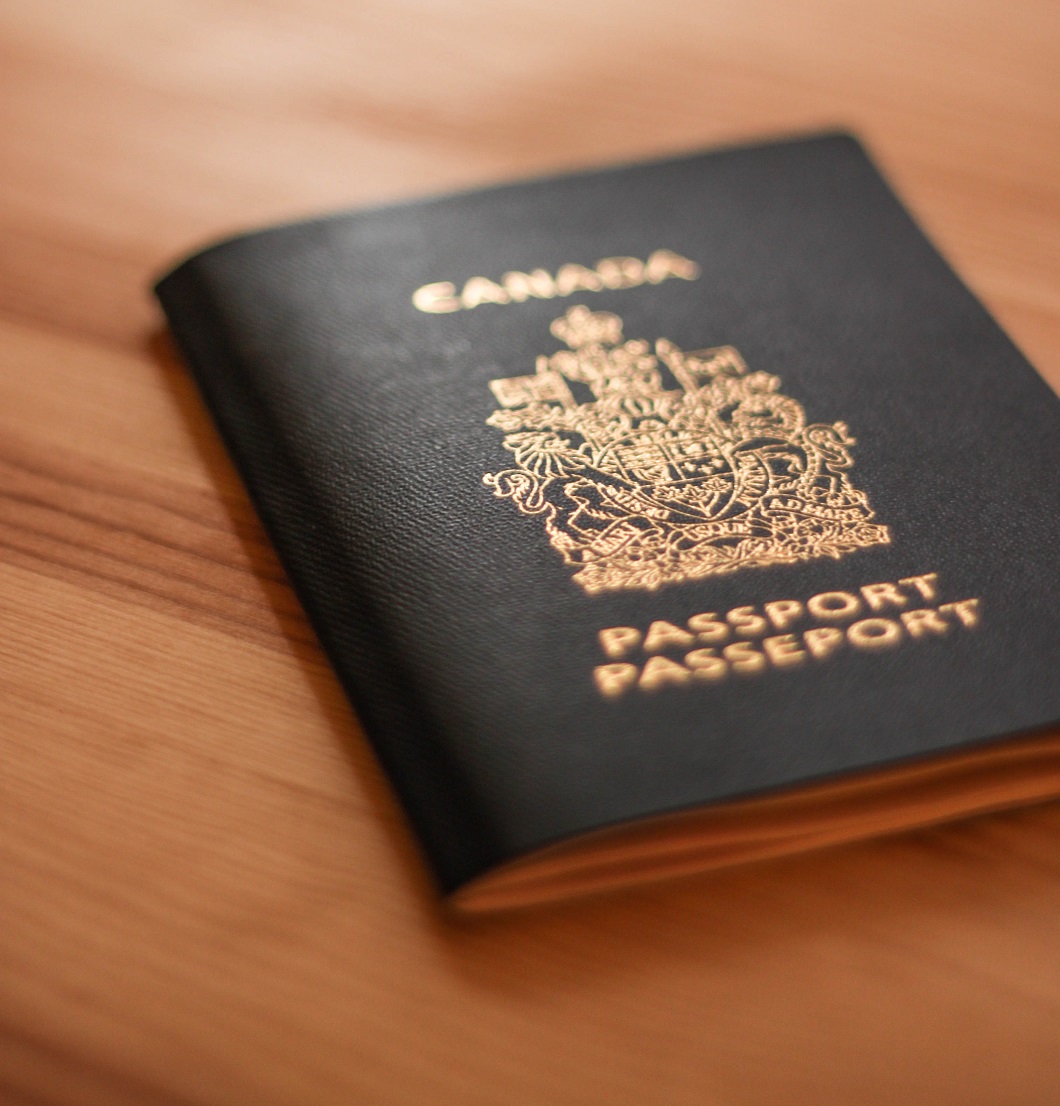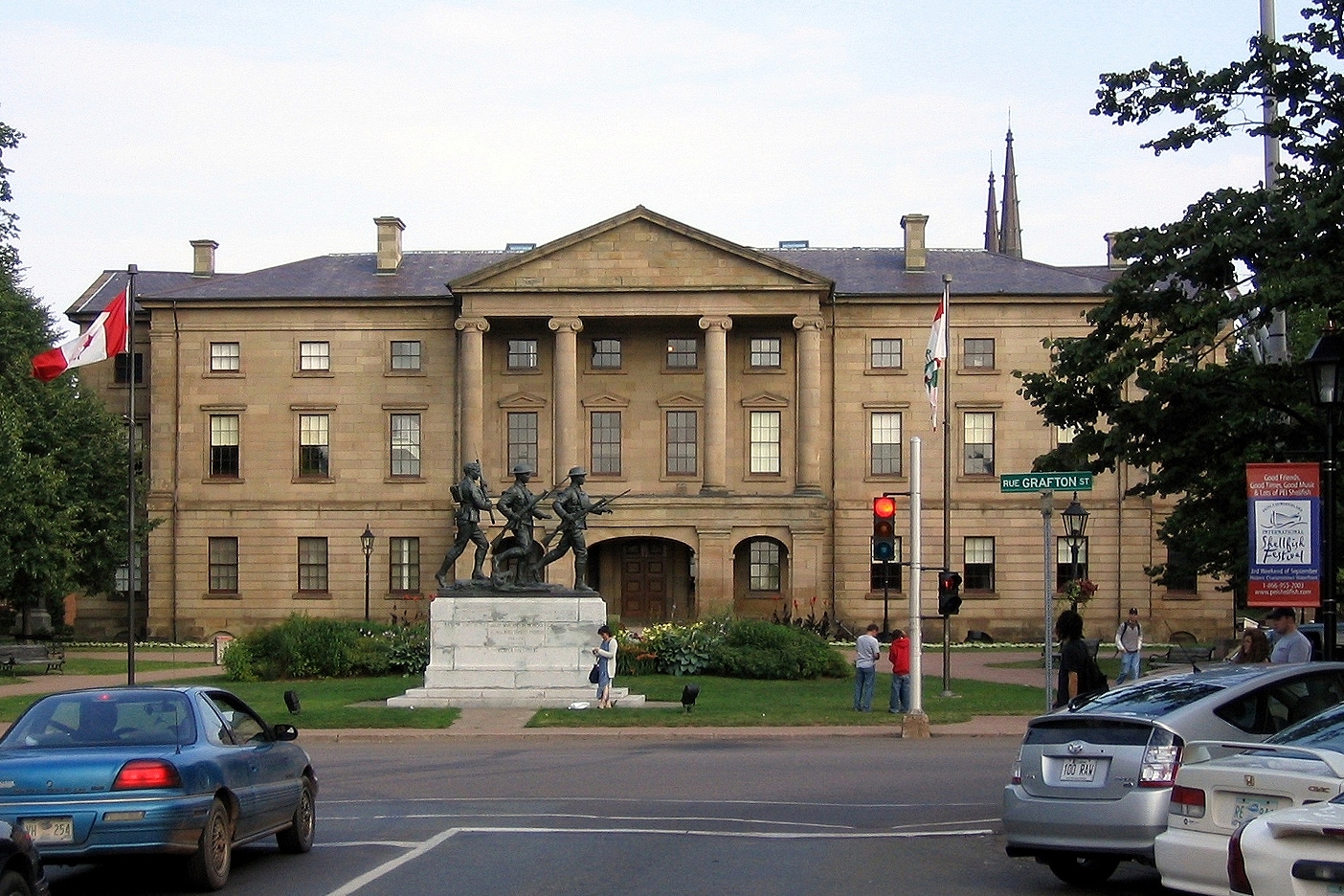Federal Court Slams Immigration Tribunal for Denying Applicant With HIV
Appeals Tribunal Wrongfully Based Their Decision on the Applicant’s Morals While His Family Pleaded for Compassionate Relief
Many immigration applicants with disabilities and illnesses are denied immigration to Canada, with “excessive demand” on medical systems and resources cited as the justification. Even those whose families are able and willing to pay for health care costs can be denied because they are not given a clear definition of “excessive demand”. And sadly, as a result, those with stigmatized illnesses experience undue discrimination.
If family members can cover these health care costs, “excessive demand” is not a valid reason to deny someone entry to Canada, especially when they need their families the most. Canada’s family class sponsorship program is meant to reunite families, but certain biases in decision-making impacts the fairness of the reunification process.
In 2017, a decision-maker at the Immigration Appeal Division (IAD) of the Immigration and Refugee Board of Canada denied a man immigration to Canada because he contracted HIV from an extramarital affair. A 62-year-old immigration applicant (referred to as A.B.) wanted to reunite with his daughters in Canada through family sponsorship. Both daughters are Canadian citizens, and in 2009, one daughter applied to sponsor A.B. and his wife. She sought to bring them to Canada through family sponsorship.
Under family class sponsorship, sponsored family members must undergo medical, criminal, and background checks. Depending on the results of these checks, immigration officials determine whether applicants are admissible for immigration to Canada.
Unfortunately, A.B.’s medical check found he was HIV-positive. Immigration officials warned that his application would likely be denied due to the “excessive demand” his illness would place on Canada’s health care system. A.B.’s family was able and willing to cover his medical costs in Canada, and even requested humanitarian and compassionate relief. However, in 2014, Immigration Canada denied his application. The family appealed the decision at the IAD tribunal.
In 2017, the tribunal maintained the decision and denied the request for humanitarian and compassionate relief. A.B.’s daughters argued that he and his wife would be ostracized and discriminated against in their home country due to his HIV status. But the decision-maker wrote in his dismissal that those with HIV status are discriminated against due to the perception that they have loose morals since the virus can be transmitted during sex. And since A.B. took the risk of having an affair, risking his marriage and contracting the virus, the decision-maker did not offer compassionate relief.
Thankfully, a Federal Court Justice ruled that how he contracted HIV was totally irrelevant to his sponsorship case, and returned A.B.’s case to the IAD tribunal for a new assessment. Justice Shirzad Ahmed pointed out that the IAD decision-maker based his decision on moral character, acting as the “moral police.”
Like applicants with any other illness, if their families can sponsor them and cover their health care costs, “excessive demand” is not a valid reason for denial of an application. These vulnerable populations often need the support of their families more so than others. Immigration officials shouldn’t discriminate based on the type of illness or disability they have, which prevents family reunification and a better quality of life for the affected individuals..
Worldwide Increase in Citizenship by Investment Programs a Threat to Security
More States Are Adopting ‘Cash for Passports’ Programs That Grant Citizenship to Wealthy Investors, Giving Them Visa-Free Access to Many Countries and Causing Concerns About Adequate Security Screenings
Wealthy investors who wish to gain citizenship in another country are now able to do so by agreeing to invest a large sum of capital in that country. The investment gives them access to passports from participating states, facilitating visa-free travel to many countries, including those in the European Union.
The ‘citizenship by investment’ industry is expanding on a global scale, with more and more countries designing immigration programs that award citizenship to wealthy investors from countries such as Russia, China, and the Middle East. An estimated 25,000 people buy a second citizenship each year. The programs allow these investors to surpass visa requirements that they would otherwise have to meet with their original citizenships, allowing them to travel through borders of many states more easily.
The investor immigration programs were designed to boost the economies of developing countries through investment. However, critics argue that the ‘cash for passports’ industry is posing significant risks to safety and national security across the globe. Many participating countries are reportedly failing to employ adequate procedures to screen potential investors or to investigate the originating sources of the invested capital. While countries that rely on investor immigration programs assure of rigorous screening procedures, the governments of Canada, United States, and the European Union nonetheless warn that these programs threaten national security by providing visa-free access to over 100 countries. These concerns have led the Canadian government to recently impose a visa requirement for foreign nationals entering the country with a passport from Antigua and Barbuda. The requirement was also imposed on St. Kitts and Nevis a few years prior.
Similar concerns about security and fraud led the Canadian government to shut down its own investment program in 2014. Prior to that, wealthy investors could qualify for permanent residence in Canada by demonstrating a net worth of $1.6 million and agreeing to invest $800,000 in Canada. The federal government would then return the investment, interest-free, after five years.
Although the Canadian investor program remains closed, Canada continues to offer numerous immigration opportunities for entrepreneurs and businesspeople, while at the same time preserving the safety and security of Canadian residents. For more information on Canada’s current business immigration programs, contact a corporate immigration law firm.
Wage Gap Woes for Immigrants
Despite Wage Growth for Immigrants and New Canadians, Inequality Persists
According to an article from CBC News, recent immigrants to Canada are experiencing higher wages than ever before. Based Statistics Canada findings, the median income for immigrants a year after arriving in Canada is the highest since 1981. However, successful immigration and permanent residency are no guarantee of income equality.
While more immigrants are earning more than historical trends and records, a wage gap persists between these new Canadians and citizens born in the country.
Pinpointing the Cause for Increased Earnings
The Canadian Experience Class, a central component of the former Conservative government’s economic immigration reforms, is partly responsible for these higher earnings. This class targets immigrants with Canadian work experience, putting them on a fast-track for permanent residency. Economic Class immigrants (including the Canadian Experience), those coming to Canada expressly for work, often start earning higher wages upon arrival when compared with non-economic immigrant classes. However, while wages have risen across the board for many newcomers, a gap still exists between immigrants and Canadian-born workers.
Wage Gap Persists Provincially
This wage gap varies by province and by immigrants’ countries of origin. The highest wage gap is in Alberta, while the lowest is in Nova Scotia. Newcomers from Africa and the Middle East earn the lowest wages compared to immigrants from America, Asia, and Europe.
This wage-gap inequality for immigrants in Canada is due to several factors and shows that Canada still has a way to go towards equal treatment for all. The CBC News article discusses leading factors for income inequality amongst immigrants in Canada, including:
- Discrimination,
- Lack of language skills, and,
- Lack of foreign qualification and skills recognition.
Examining Employment and the Wage Gap
Many newcomers to Canada who earn low wages are underemployed or unemployed. Underemployment stems from a lack of recognition of foreign skills, experience, and education.
Although many immigrants held established careers with valid post-secondary education in their country of origin, it goes unrecognized next to Canadian credentials. As a result, their current jobs in Canada often don’t match their level of skills, experience, and education. Unemployed newcomers can’t find work and are must rely on social assistance because of discrimination and a lack of proficiency in both official languages.
Although immigrants are earning more than they have been at any point in the last thirty years, there is still a dire need for improvements in Canada. This wage gap between immigrants and Canadian-born workers must be reduced. Doing so will require a close examination of inequality in various aspects of Canadian society and the treatment of immigrants. As long as discrimination persists in Canada, newcomers won’t have fair access to the jobs they’re qualified for or earn a wage consist with their skills.
Disability Advocates Seek Repeal of Discriminatory Clause in Immigration Act
Minister of Citizenship and Immigration Receptive to Call for Change, But Details and Plans Remain Unclear
Canadian disability advocates and immigration lawyers recently called on the federal government to repeal a section of Canada’s immigration act they consider discriminatory towards immigrants with disabilities. With advocates speaking out against this discriminatory and outdated “excessive demand” clause in the immigration act, the government is now taking steps to amend it.
The House of Commons Standing Committee on Citizenship and Immigration recently held a three-day hearing on Section 38-1C of Canada’s Immigration and Refugee Protection Act. The provisions in question bar individuals with disabilities and their families from gaining permanent residency under grounds of “medical inadmissibility” and “excessive demand” on Canadian medical and social services.
Disability advocates with the Council of Canadians with Disabilities urged the federal government to scrap the section in question, arguing that it is unjust and discriminatory.
“Un-Canadian” Approach to Issues
Disability advocates argued that the excessive demand clause is difficult to argue, and mars Canada’s image and is contrary to Canada’s attitudes and values. This approach prevents family reunification and forces long family separations. Also, for a country vying for the world’s top foreign talent, Canada cannot attract this talent if these restrictions are in place.
Skilled foreign workers wishing to immigrate to Canada with family members with disabilities cannot take the position and make the move to Canada. Critics also point out that the benefits of immigration to the economy (especially when attracting top talent) far outweigh the costs of alleged “excessive demand” on the social and healthcare systems.
Another criticism of this flawed provision is that Canada is willing to spend billions of dollars to help those with AIDS around the globe, but when it comes to immigration applicants with AIDS, their treatments might cost too much, so they are deemed ineligible for immigration to Canada.
Potential Changes Coming Soon
Canada’s Citizenship and Immigration Minister Ahmed Hussen also spoke before the Standing Committee, saying that this clause does not represent Canada’s value of inclusiveness in society.
Hussen said he will make changes to this outdated provision, though details remain to be revealed. He may repeal it altogether, exempt specific groups from the policy, or increase the financial threshold used by the government to calculate admissibility.
However, he won’t make a decision until he meets with provincial and territorial governments, since they are responsible for the majority of social and healthcare spending. Canada’s immigration lawyers remain optimistic that the government decision-makers will all agree that the current provision is flawed and must be revised to reflect the fundamental Canadian rights and values.
PEI’s PNP Immigration Program Raises Concerns
While PNPs Help Immigration in Canada, Some Argue that Provinces are Taking Advantage of Deposit Requirements
Canada’s provincial nominee programs (PNPs) help fast-track immigration in Canada and stimulate the provincial economies. For some, these PNPs are significant contributors to society. Small provinces, like Prince Edward Island (PEI), have seen immense growth via their PNP; it has even played a positive role in boosting their population.
Some, however, have raised concerns that PEI’s PNP is taking in revenue from the program, but not actually retaining newcomers. The PNP is contributing to PEI’s population growth—being the leading province in Canada with 1.7 percent growth from July 2016 to July 2017. And this population growth is helping the province’s economy. But PEI also appears to have the lowest immigration retention numbers in the country.
Call For Review
According to a CBC News article, PEI’s Official Opposition is calling for a thorough review of the PNP, deeming it a cash grab for the provincial government. A recent report from CBC found that in 2016, PEI’s Liberal government brought in $18 million in revenue by withholding deposits from immigrant investors. Part of the PNP requirement for these investors, who are nominees, is that they open businesses in PEI. But since more than half of the nominees failed to do so, the provincial government may pocket these deposits.
Concerns Over Retention Rate
There are concerns that it is easier to fast-track immigration in Canada by going through PEI’s PNP. The opposition believes PEI is making a profit off newcomers who are willing to pay for a swift route to Canadian citizenship. The low retention rates suggest that the province’s use of a deposit system for its PNP is attracting those who may not intend to stay in the province. Statistics Canada data found that of the economic immigrants who landed in PEI in 2010, only 14 percent were still residents of the province five years later.
After pressure by PEI’s Opposition to conduct a review of the PNP, PEI’s Minister of Economic Development claims the province had already conducted a review several months prior to the Opposition’s request. Part of the review involved requests for changes to the intake and application process, as well as proposals for new immigration decision-makers to work on the PNP.
PEI should focus on improving immigrant retention numbers to help boost the economy instead of relying on forfeited deposits from those who never intended to stay. However, additional research and information is required to understand why individuals are leaving the province and what can be improved to motivate them to remain there with their families in the longer term.





